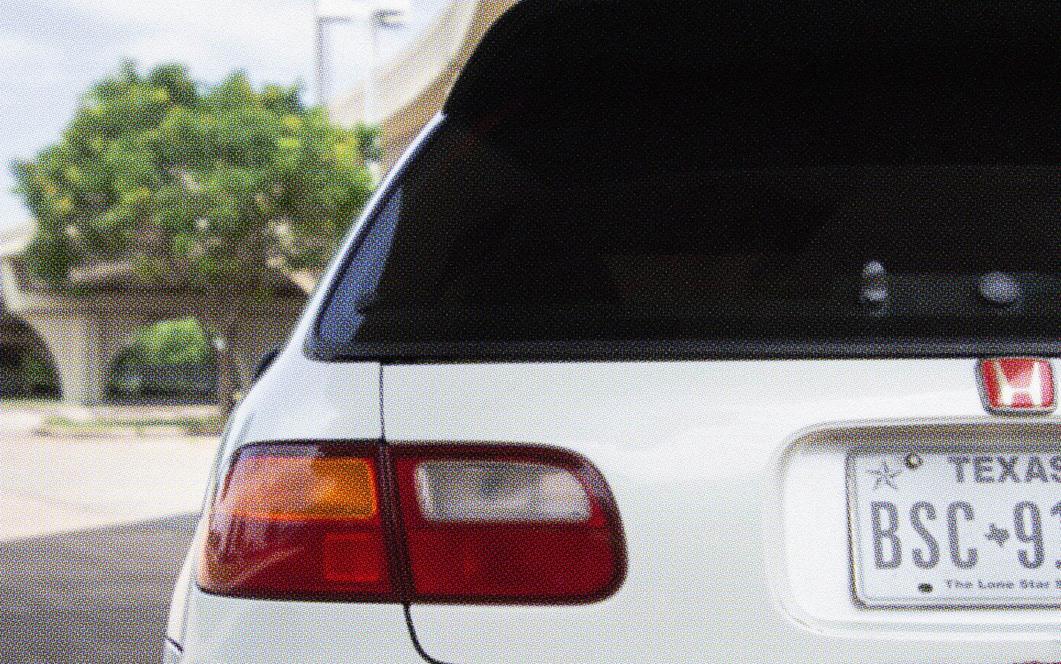4 min read
There’s so much to love about the Honda Civic. It’s got a sporty design, it’s efficient, reliable and—best of all—it doesn’t come with a hefty price tag. The Civic hit the market in 1972 as an alternative to the gas guzzlers most Americans were driving. It’s been a bestseller for Honda ever since, winning awards, accolades, and praise across the board.
With fuel prices rising, and more households watching their costs, the Civic remains an ideal choice for an economical family car. It’s so reliable that Honda likes to boast that with good care your Civic could run for 20 years.

But even the trusty Civic can run into trouble from time to time. After 100k miles or more even the best made cars start to show signs of wear—and sometimes mechanical issues are a sign that your car is ready to give up the ghost. Let’s take a quick look at some of the most common Honda Civic breakdowns
cracked engine block
The engine block is the lower section of the motor containing the pistons and the crankshaft. It’s a pretty major car part. A crack in the block can cause the coolant that runs through it to leak, leading to overheating.
what to look out for
If your engine temperature gauge is rising, it could point to a cracked engine block. Another clue is a puddle under your car—if it’s green or blue, that’s your coolant leaking.
affected models
The 2006-2009 Honda Civics have had a lot of complaints relating to this particular mechanical fault.
uneven tire wear
Problems with the rear suspension and alignment can cause the tires on some Honda Civics to wear out much faster than you’d expect. A tire should usually last 40,000-50,000 miles before needing replacing, but some Civic drivers have reported having to change tires several times within that same mileage.
what to look out for
If you feel strong vibrations while you drive and a droning noise, it's a clear sign the tires are worn out.
affected models
Again, it's the 2006-2009 Civics that seem to experience this problem the most
engine oil dilution
Engine oil keeps the engine lubricated and running smoothly. In some Honda Civics a fuel leak can result in the oil getting diluted. Without the correct lubrication, the engine will wear down faster and it can lead to problems further down the line. There can be a few reasons why it happens, but in the case of Honda Civics, the blame has been pinned on a fault with the newer Earth Dreams engine.
what to look out for
If the engine light is flashing on the dash it could be because the fluid has gotten too high as a result of this defect. Otherwise, if you want to avoid oil dilution problems it’s important to check your oil regularly.
affected models
This can affect more recent models with the Earth Dreams engine—including the 2016-2018 Honda Civics.
defective torque converter
The torque converter is a nifty bit of kit found in automatic vehicles. It allows the engine to keep running when you stop, just like a clutch does in a car with a manual transmission. When this is defective, it can cause problems shifting into gear and mean that the transmission needs replacing much sooner than you’d expect.
what to look out for
Gear slipping and leaky transmission fluid can be a sign that something is up with the torque converter and it’s time to get it checked.
affected models
Honda Civics built between 1999-2004.
Even with the occasional defect, the Honda Civic remains a staple of reliability and affordability. But with every car, there comes a point when it’s time to move on. And whether your car is running smoothly, or falling to pieces, Peddle will buy it.
So if you’d like to cash in your Honda Civic, hit us up. Just tell us the details and we’ll give you an offer in minutes.
Over 146k five-star reviews




























Frequently Asked
TOP NOTCH CUSTOMER SERVICE
HOW CAN WE HELP?
Smooth operators are standing by with answers so you can sell your car without a hiccup.






